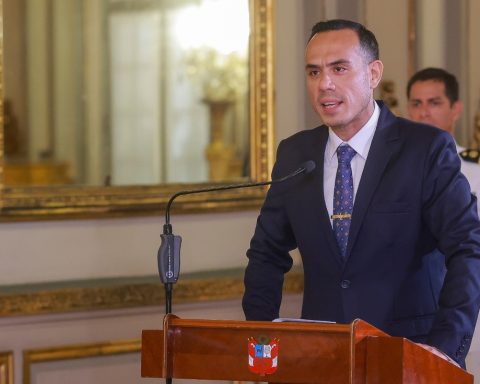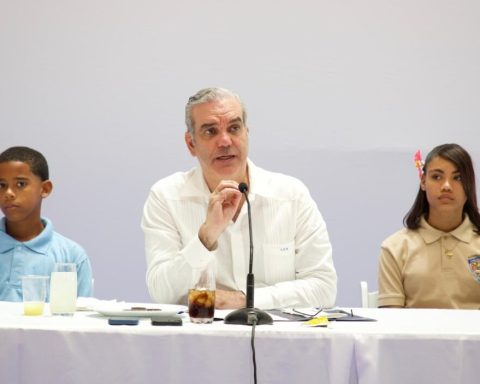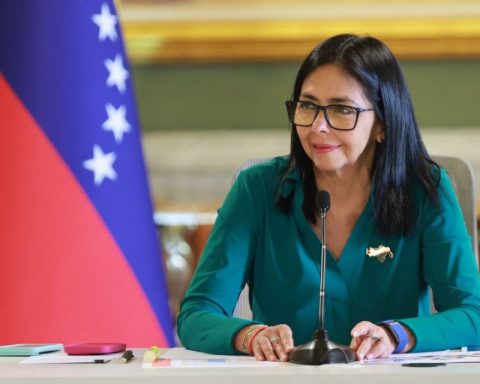October 20, 2024, 3:00 AM
October 20, 2024, 3:00 AM
Sustainability is conceived in a comprehensive manner and assuming the principle of intergenerational equity, that is, the commitment to transfer to next generations a legacy that allows them to improve current levels of well-being.
In its most basic conception, sustainability is viewed as the interconnection of three dimensions: economic, social and environmental. However, cities concentrate complex phenomena, where different systems operate that interact with each other (mobility, security and waste, among others), and where each inhabitant is a consumer of resources. Therefore, urban observation must focus on all dimensions of a city.
A city can move towards sustainability or not, depending on how these systems are provided and managed and how much these resources are used. However, it is an increasingly urban world, where it is projected that, in 2050, 70% of the planet’s population will live in cities; an aging world, where in 2050, 20% of the population will be over 60 years old; where we increasingly adopt technology in our daily lives; a world that transitions from fossil fuels to alternative energy; that faces global warming.
We inhabit cities that are characterized by being dual, socially and spatially segregated; dispersed cities where territory consumption exceeds population growth; congested both by the increase in its vehicle fleet and by its deficient public transportation systems; cities that exceed international air pollution standards, contaminating their surface and groundwater; unsafe cities due to high crime rates and health problems associated with their pollution, in addition to mortality resulting from traffic accidents and their vulnerability to natural phenomena.
Faced with this panorama, it is time to pause to reflect on what type of cities we want our children and grandchildren to live in and allow ourselves to dream that they should be sustainable with a comprehensive vision in eight dimensions: environmental, economic, socio-cultural, educational, political. normative, scientific-technological, participation of actors and principles of sustainability.
In the future, cities should promote sustainable mobility, using alternative fuels, with cycle lanes, but with emphasis on pedestrians; with bioclimatic buildings, urban gardens, energy-generating homes; with programs for the protection and conservation of flora and fauna and for the control and monitoring of environmental contaminants; with decentralized and small-scale wastewater treatment and comprehensive waste management.
We have to project a future where cities are for everyone, friendly, intelligent and resilient, which regenerate and transform towards urban sustainability. Efficient, because they reduce their energy, carbon and water footprints and practice the green economy. Cities in solidarity with people, the environment and the rest of the species, with the local and the global. Cities with a great capacity for learning and innovation, creative, with the presence of research and development institutions and higher training centers, equipped with digital infrastructure and communication technologies, along with a high level of management.
Who is called to build the cities of the future? The young ones. They, in addition to urban planners who consume resources, will be the new decision makers and must be aware of the problems that afflict us in urban life, with the ability to detect the opportunities that the future holds for us, including technological change.
This generation has the ability to assimilate megatrends and with creativity they will be able to provide solutions and generate valuable ventures for the future.
And, they are the ones who will be the protagonists of Futures Week®️, a space that at the end of October will bring together young people from civil society, experts and authorities to build the cities of the future of Bolivia.















